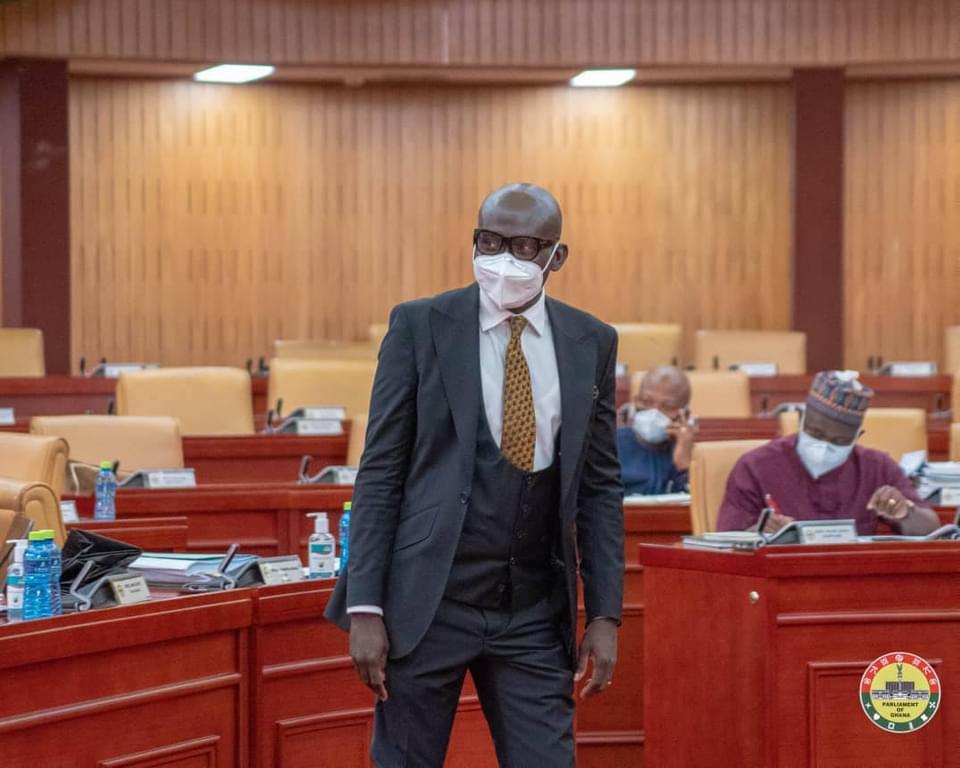Parliament passes ‘Plea Bargaining Bill’
Even though there existed a few instances where plea bargaining existed for very few offenses like Subsections (2) and (3) of Section 239 of Act 30 and others, the majority of offenses under Ghana’s criminal jurisdiction are generally excluded from plea bargaining.

The Parliament of Ghana has amended the Criminal and other Offences(Procedure) Act 1960(Act 30) to provide for plea bargaining in the administration of criminal justice.
The Bill, which was sponsored by the Attorney General, has officially incorporated plea bargaining into Ghana’s justice system.
As it pertains to other jurisdictions, plea bargaining allows an accused person to relinquish his or her rights to go full trial in a criminal proceeding in exchange for some benefits.
Even though there existed some few instances where plea bargaining existed for very few offences like Subsections (2) and (3) of Section 239 of Act 30, Section 35 of the Courts Act, 1993(Act 459), Act 959 and the Narcotics Control Commission Act, 2020(Act 1019), majority of offences under Ghana’s criminal jurisdiction are generally excluded from plea bargaining.
Per the bill, a person charged with a criminal offence may at the time before judgment, negotiate with the Attorney General for a plea agreement to reduce an offence charged to a lesser offence or to withdraw a charge against an accused person.
Additionally, plea bargaining may provide for a sentence or a range of sentences to be recommended to the court; the payment by the accused person of compensation to a victim of the offence or the making of restitution by the accused person.
Authorization of Plea bargaining
The Attorney General may by notice in writing authorize a prosecutor or a class of prosecution to conduct plea bargaining in respect of a specified matter.
Also, a plea agreement cannot be concluded by a prosecutor who is not an officer of the Office of the Attorney General without the consent of the AG.
Initiation of Plea negotiation
Plea negotiation may be initiated by an accused person or counsel for the accused person or a prosecutor in charge of the prosecution of an accused.
Moving the motion for the third reading of the Bill on Friday, June 24, 2022, the Attorney General, Godfred Yeboah Dame noted that this is the first time that a Plea bargaining arrangement is comprehensively being introduced into the nation’s criminal justice system thus stressed on the need to tread cautiously.
He noted also that prior to the preparation of the Bill, there was a wide stakeholder consultation; the preponderance of which informed the exceptions to plea bargaining negotiations.
Furthermore, Mr Dame indicated that the exceptions which consist of treason or high crime, rape, defilement, genocide, robbery, kidnapping, murder, piracy, hijacking, and offences related to the public election, were informed by strong policy considerations and the interest of the nation.
After the debates, the Second Deputy Speaker, Andrew Asiamah Amoako, who presided over proceedings took a voice vote which saw the passage of the bill into law.
Benefits of Plea bargaining
Per the memorandum of the Bill, Plea bargaining will lead to a reduction in the caseloads of the courts and prosecutors.
Also, it saves the state’s time and money by avoiding protracted trials, decongestion of the prisons due to reduced sentencing and aiding in the reform of accused persons.
Moreover, it oversees the satisfaction of the victims of offences through compensation and restitution in addition to the punishment of the accused.
Furthermore, Plea bargaining has been adopted by civil and common law jurisdictions due to its enormous benefits.


